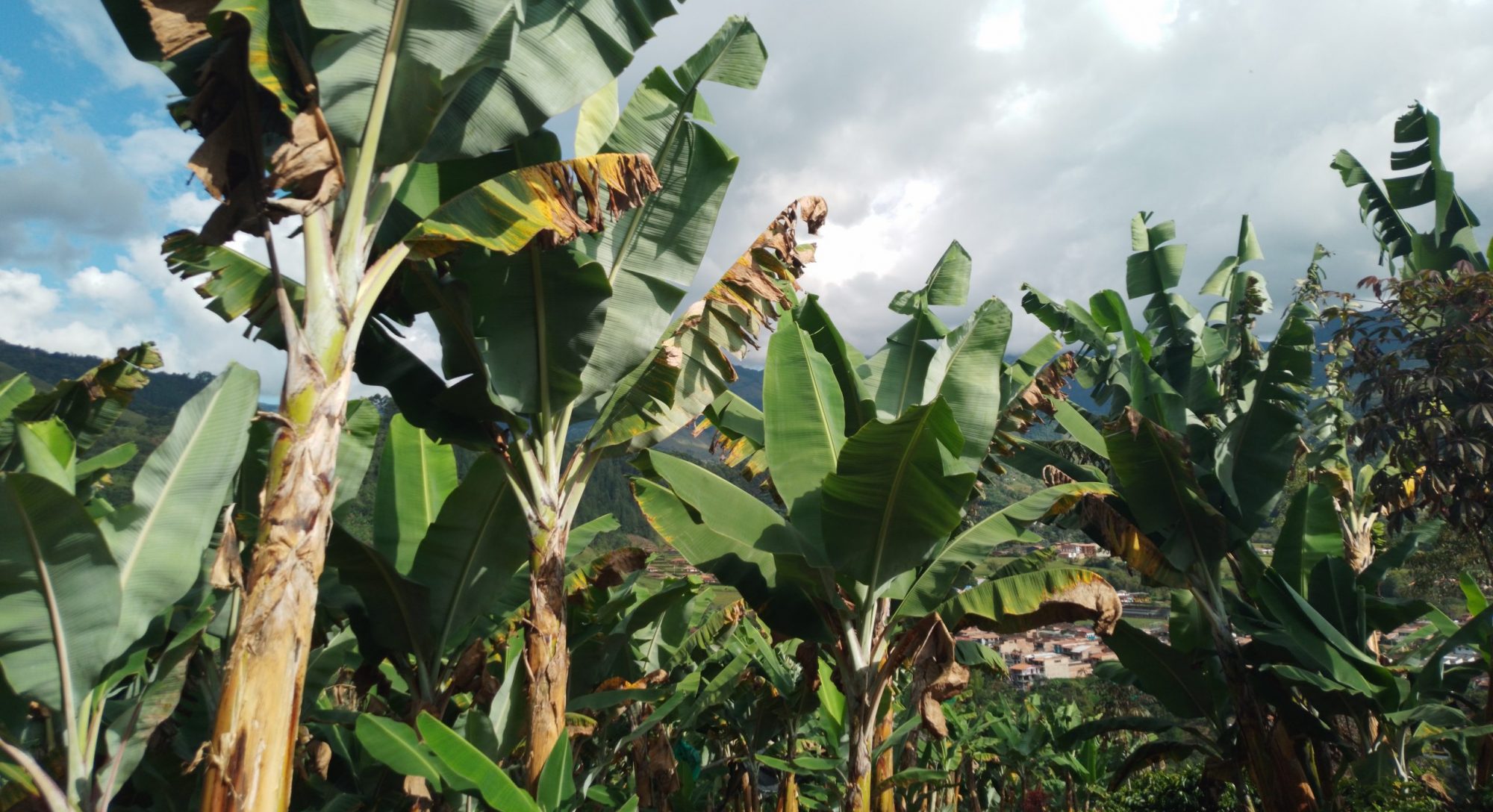The DARG Undergraduate Development Dissertation Workshop took place on Saturday 16th January 2016 at UCL, London and covered a range of topics to give geography undergraduates information and guidance on designing and implementing their dissertations. The day included talks on research design, the logistics of fieldwork and ethics and reflections on doing a development undergraduate dissertation. We also had methods sessions on participant observation and ethnography, using surveys, interviews and focus groups, and translation.

Thank you very much to all the students who came along and made the day such a success as well as to Jess Hope and Kate Maclean for organising.
For further events and funding opportunities from DARG please visit our website or follow us on twitter
Please select the below links to view the powerpoint lectures used on the day:
Jess Hope: Logistics- Preparing for research, being in the field & leaving
For further information on the speakers and their contact details please see below:
Lottie Heales is a development geographer from King’s College London with a particular focus on rural livelihoods. Her research focuses on the use of agricultural microfinancing by smallholders in Malawi as well as examining the global microfinance phenomenon. She uses a combination of quantitative and qualitative techniques in order to build more nuanced pictures of livelihoods in rural Malawi. She is a guest lecturer in the geography department of KCL and currently works as a researcher on global social innovation at the Young Foundation. Email: charlotte.heales@kcl.ac.uk
Jessica Hope Jessica Hope is a lecturer in the Geography Department at the University of Cambridge, where she teaches political ecology and development geography. Her research contributes to political ecology by investigating the politics, power relations and conflicts that determine emerging environmental and development agendas. She is particularly interested in the politics of radical alternatives and the ways that transformative socio-environmental paths are voiced, supported or foreclosed. Her empirical focus is Bolivia. Email: jch84@cam.ac.uk
Kate Maclean is Lecturer in Social Geography at Birkbeck, University of London. She is a feminist geographer who has conducted research, as an academic and as a development consultant, in Bolivia, Colombia, Mexico, Mali and Burkina Faso. She has worked on microfinance, rural livelihoods, contraband and urban regeneration, mostly with a focus on Latin America. She has published in various journals, including Antipode, Development and Change and Gender, Place and Culture, and has a new book out with Palgrave – ‘Social Urbanism and the politics of violence: the Medellín Miracle.’ Her latest project is entitled ‘El Alto Millionaires: Processes of displacement, identity and urban change in the Global South’and is funded by the Leverhulme Trust. Email K.maclean@bbk.ac.uk
Ben Page is a development geographer with specific research and teaching interests in the relationship between international migration and international development. His expertise is primarily focused on Cameroon in Central/West Africa. Current research is examining the role of international migration in the process of of creating a new African middle class by looking at the house-building activities within Africa by members of the African diaspora. This has built on work that looked at the associational life of African diasporas and the impact of diaspora associations on development in Africa. Future work will continue to address class formation by looking at everyday activities around food. Earlier research has analysed: (1) the history of community development in Cameroon and the role of community development in the provision of public services (2) the commodification of water in Cameroon and popular resistance to that process (3) water privatization in Cameroon (4) the history of water engineering in Cameroon and Nigeria (5) urban agriculture in Cameroon. Email: b.page@ucl.ac.uk
Penny Vera Sanso lectures in Development Studies at Birkbeck and is Director of the Social Anthropology programme. She has a BA (Hons) in Anthropology and Geography from University College London (1985) and a PhD in Social Anthropology from Goldsmiths (1994). Alongside her academic career Penny has founded two housing co-operatives in north London. Penny has published widely on later life and gender relations in India, particularly on the impact of liberalisation and the global economy on livelihoods and gender and generational relations in low-income households and, more recently, on ageism and age discrimination and the role of older people’s paid and unpaid work in supporting India’s economy. Recently she has focused her interest in developing visual materials to make her research available to the general public. The documentary ‘We’re Still Working’ can be seen on bit.ly/1qDR40Y (English version) and bit.ly/1n7TT9p (Hindi version). Email p.vera-sanso@bbk.ac.uk


